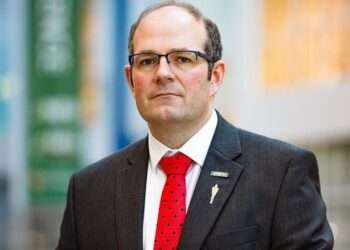The Chief Executive Officer of Shell, Wael Sewan, has expressed concerns about the decline in oil and gas production in the current contemporary market. Sewan has termed it as “dangerous and irresponsible.”
He claim that, the world is still in need of oil and gas, as shift toward the use of renewable energy keeps dragging aback. Sewan mentioned that, prices of oil may see a rise due to European winter and the increasing reliance on China.
On the contrary, climate scientists have described Shell CEO’s concerns, as without substance, because Shell plans to increase their current oil and gas production until 2030.
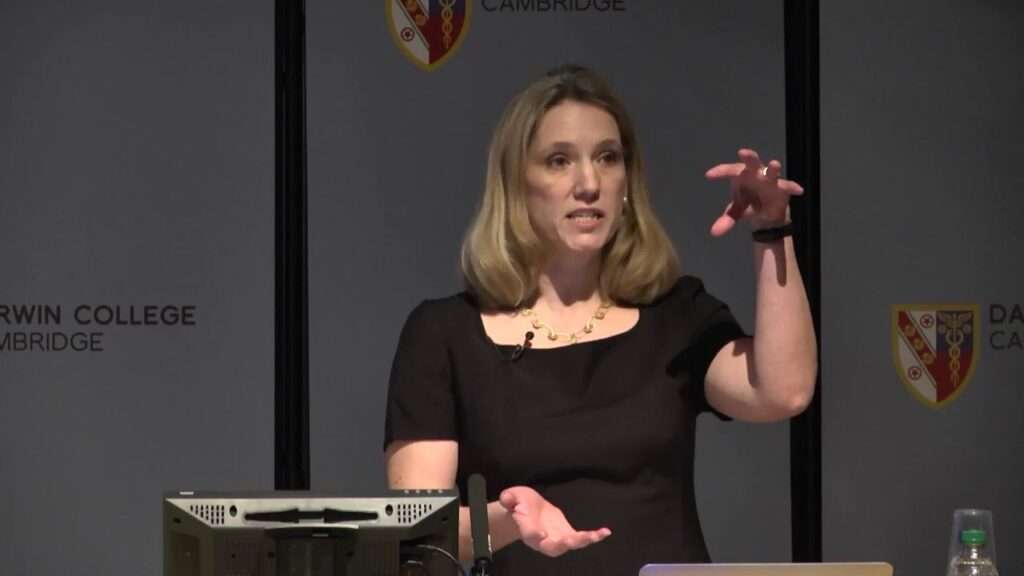
Professor Emily Shuckburgh, an expert on climate change at the University of Cambridge, suggested that, companies like Shell must concentrate on quickening the switch to a greener economy “rather than trying to suggest the most vulnerable in society are in any way best served by prolonging our use of oil and gas.”
“I respectfully disagree. What would be dangerous and irresponsible is cutting oil and gas production so that the cost of living, as we saw last year, starts to shoot up again.”
Wael Sewan, Chief Executive of Shell.
As the world plans to substitute fossil fuel with renewable energy, world leaders have vowed to prevent global warming for more than 1.5 degree Celsius.
In order to reduce its reliance on Russian oil and gas, the EU has been planning to hasten the conversion to renewable energy. The main challenge to the plans of EU is that, logistics needed to switch to more environmentally friendly energy, is lacked by many member nations.
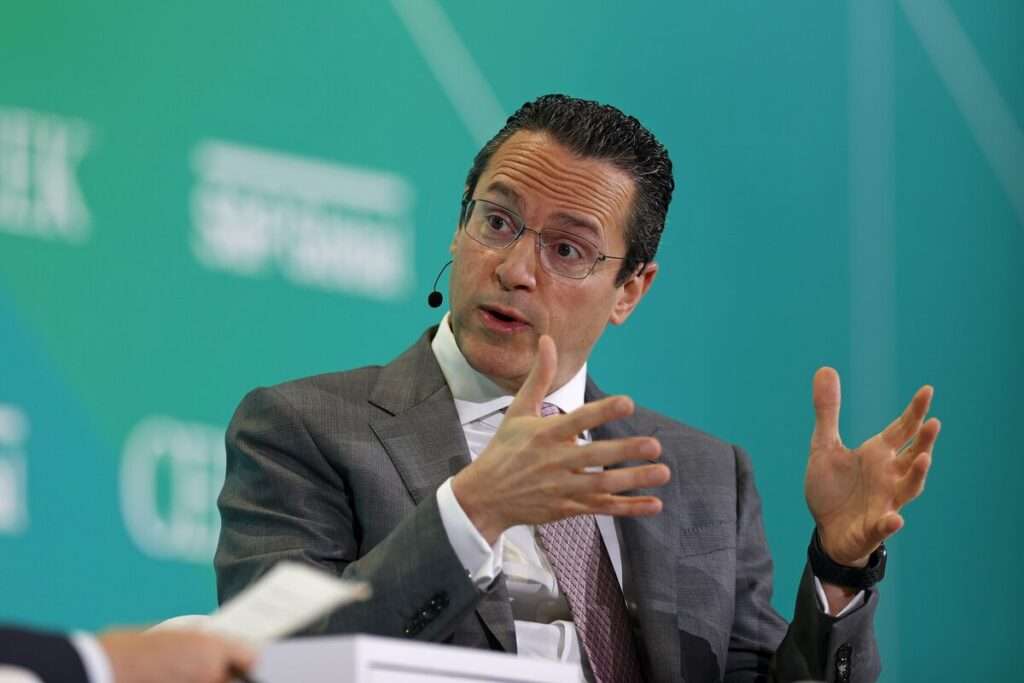
According to Mr Sawan, countries like Pakistan and Bangladesh couldn’t afford the importation of LPG, due to the international bidding wars for gas last year. This actions made these two countries more vulnerable, as shipment made for them were transported to northern Europe.
“They took away LNG from those countries and children had to work and study by candlelight. If we’re going to have a transition it needs to be a just transition that doesn’t just work for one part of the world.”
Wael Sewan, Chief Executive of Shell.
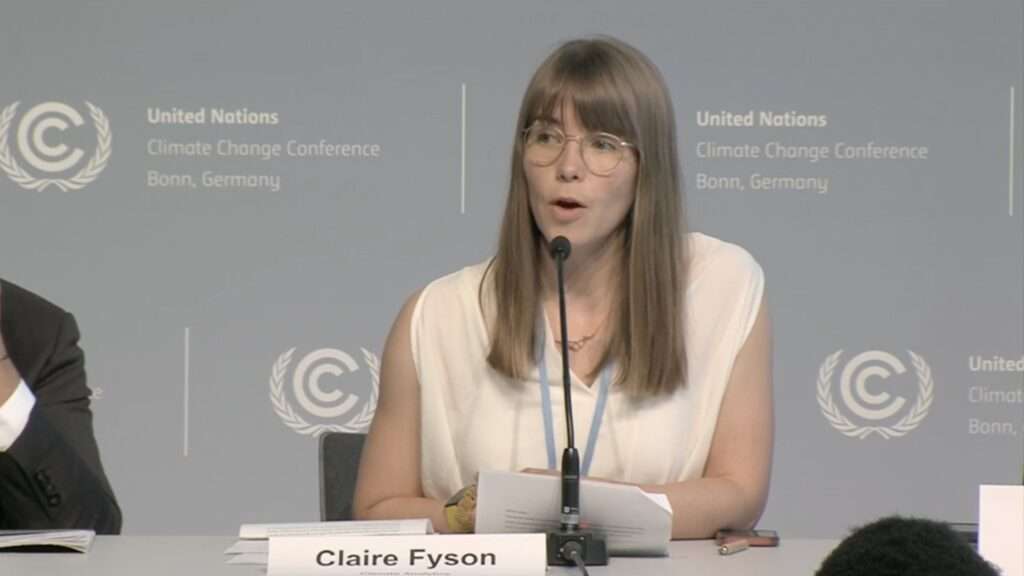
Furthermore, the co-head of Climate Analytics, Claire Fyson stated that, “the idea that it’s a choice between our addictions to fossil fuels or working by candlelight is a gross misrepresentation of reality, when we know renewables are cleaner, cheaper and better for public health.”
Despite the Downing Street’s vows to pump £11.6 billion on international climate finance, economic shocks like the Covid epidemic had “turned a stretching target into a huge challenge.”
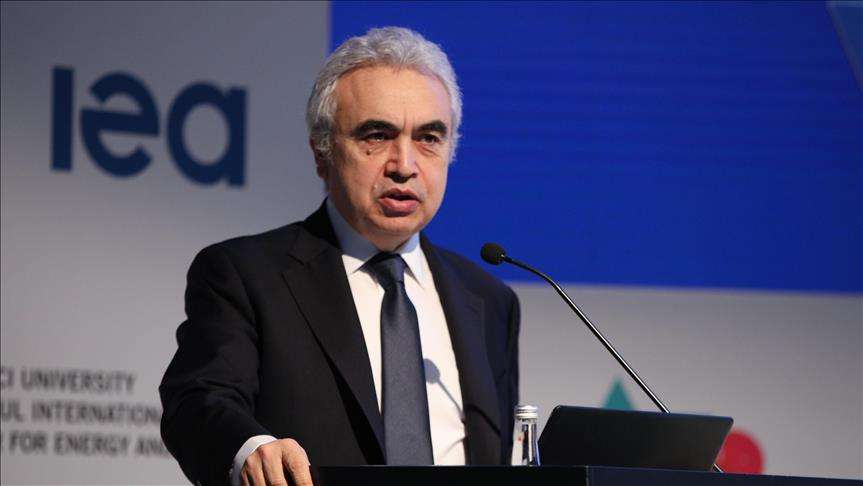
Fatih Birol, the chairman of the International Energy Agency, has stated that “if governments are serious about the climate crisis, there can be no new investments in oil, gas, and coal from now on.”
Without additional investment in the North Sea, the UK would likely import a greater part of its oil and gas, needed in the future. Shell has decided to liquidate its shares in Cambo, a newly undeveloped oilfield.
“Ultimately the government needs to make a call as to their views on imported versus domestic production. When you do not have the stability you require in these long-term investments, that raises questions when we compare that to other countries where there is very clear support for those investments.”
Wael Sewan, Chief Executive of Shell.

At a recent investors’ meeting, instituted for strategies to reduce expenses and boost earnings, Mr. Sawan extended Shell’s warm reception from the New York Stock Exchange. “The welcome we had there was exemplary. The Shell flag was waving next to the New York Stock Exchange flag,” he said.
READ ALSO:British SAS Under Investigations For WAR Crimes In Afghanistan







